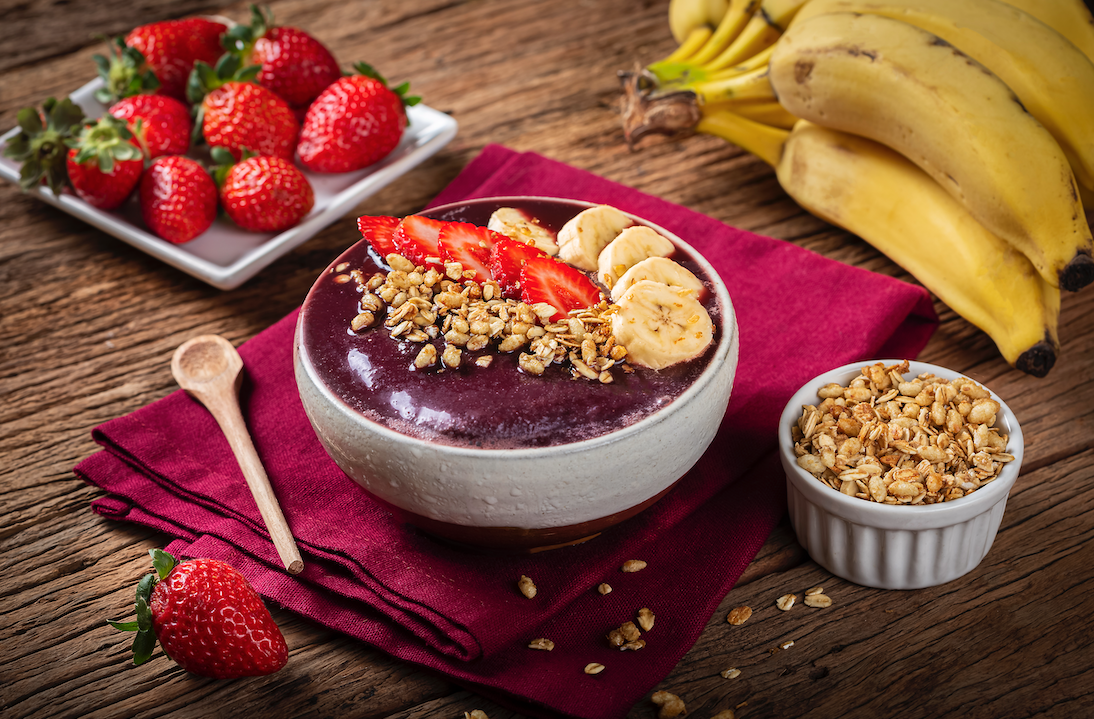
Ashwagandha
Ashwagandha is also known as Indian Ginseng. It’s used in traditional medicine, and in recent years for stress and anxiety.
Usage
Stress and anxiety
Several studies confirmed that it decrease stress and anxiety levels significantly.
Brain, Focus and Memory
There was early evidence that this herb could improve cognitive functioning.
Women’s health
Studies indicates that can help women experiencing sexual dysfunction.

Ancient Herbal Therapy
The root of Ashwagandha is regarded as tonic, aphrodisiac, narcotic, diuretic, anthelmintic, astringent, thermogenic, and stimulant. is commonly used in emaciation of children (when given with milk, it is the best tonic for children), debility from old age, rheumatism, vitiated conditions of vata, leucoderma, constipation, insomnia, nervous breakdown, goiter, etc.
The paste formed when roots are crushed with water is applied to reduce the inflammation at the joints. It is also locally applied in carbuncles, ulcers, and painful swellings). The Nagori Ashwagandha is supreme among all Ashwagandha varieties.
Ashwagandharishta prepared from it is used in hysteria, anxiety, memory loss, etc. It also acts as a stimulant and increases the sperm count.
How to add Ashwagandha to your diet?
Make a Tea
Tea has a slightly bitter and earthy flavor.
Supplement
Comes in the form of a liquid extract, capsule, and powder.
For 6000 years, Ashwagandha has been used as a Rasayana - a rejuvenator.
The leaves are bitter and are recommended for fever and painful swellings.
The flowers are astringent, depurative, diuretic and aphrodisiac.
The seeds are anthelmintic and combined with astringent and rock salt, remove white spots from the cornea.
About
Withania somnifera, commonly known as Ashwagandha (winter cherry), is an important medicinal plant that has been used in Ayurvedic and indigenous medicine for more than 3,000 years. Some herbalists refer to Ashwagandha as Indian ginseng. The plant extract has many bioactive compounds and thereby exerts antioxidant, anti-inflammatory, and immunomodulatory activities.
Science
It has revitalizing action on the nerves, the bone marrow, and reproductive organs. Regular consumption is believed to rectify abnormalities of the sense organs, hypotrophy of muscles, to rejuvenate the reproductive organs, and to increase fertility. It is also useful in stress, weakness, nervous exhaustion, sexual debility, geriatric problems, memory loss, muscular weakness, insomnia, and cough. It is also supposed to inhibit aging and catalyze the anabolic processes of the body.
Ashwagandha contains various alkaloids, steroidal lactones, and saponins, and has been used for its purported antistress/adaptogenic, antitumor, tonic, anxiolytic, anti-inflammatory, and antiarthritic properties. Studies in rabbits and rodents have shown hypolipidemic and antioxidant activity in some aqueous extracts, and its antioxidant properties were shown to provide protection against radiation-induced hepatotoxicity in rats as well as iron-induced hepatotoxicity in broiler chicks. Ashwagandha was found to have antioxidant and proapoptotic activity against hepatocellular carcinoma cells in vitro. Supplements containing ashwagandha have recently been implicated in the development of cholestatic and mixed liver injury in humans.
Safety
People usually tolerate ashwagandha well, in small doses. There have not been enough long-term studies to fully examine the possible side effects. Taking large amounts of ashwagandha can cause diarrhea, nausea, and vomiting. Pregnant women should avoid using ashwagandha because it may cause distress for the fetus and premature labor.
Another potential concern for Ayurvedic herbs is that there is practically no regulation of the manufacturers, which means that they are not held to the same standards as pharmaceutical companies and food producers.
Fun Facts
The root in combination with other drugs is prescribed for snake venom and scorpion-sting.
Sources
Bharti, V. K., Malik, J. K., & Gupta, R. C. (2016). Ashwagandha: multiple health benefits. In Nutraceuticals (pp. 717-733). Academic Press.
Halim, M. A., Rosli, I. M., Jaafar, S. S. M., Ooi, H. M., Leong, P. W., Shamsuddin, S., ... & Azzam, G. (2020). Withania somnifera showed neuroprotective effect and increase longevity in Drosophila Alzheimer’s disease model. BioRxiv
Kubala, 9 Proven Health Benefits of Ashwagandha, https://www.healthline.com/nutrition/ashwagandha#6.-May-reduce-inflammation



